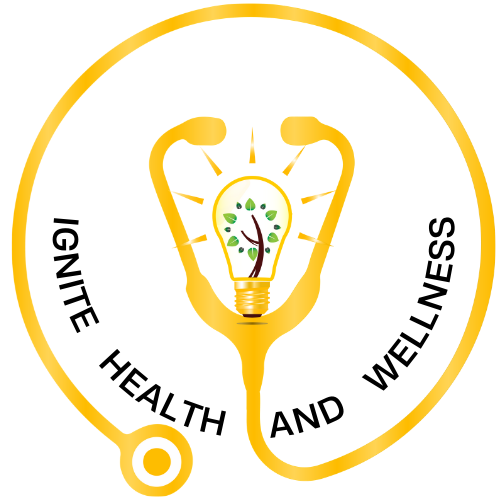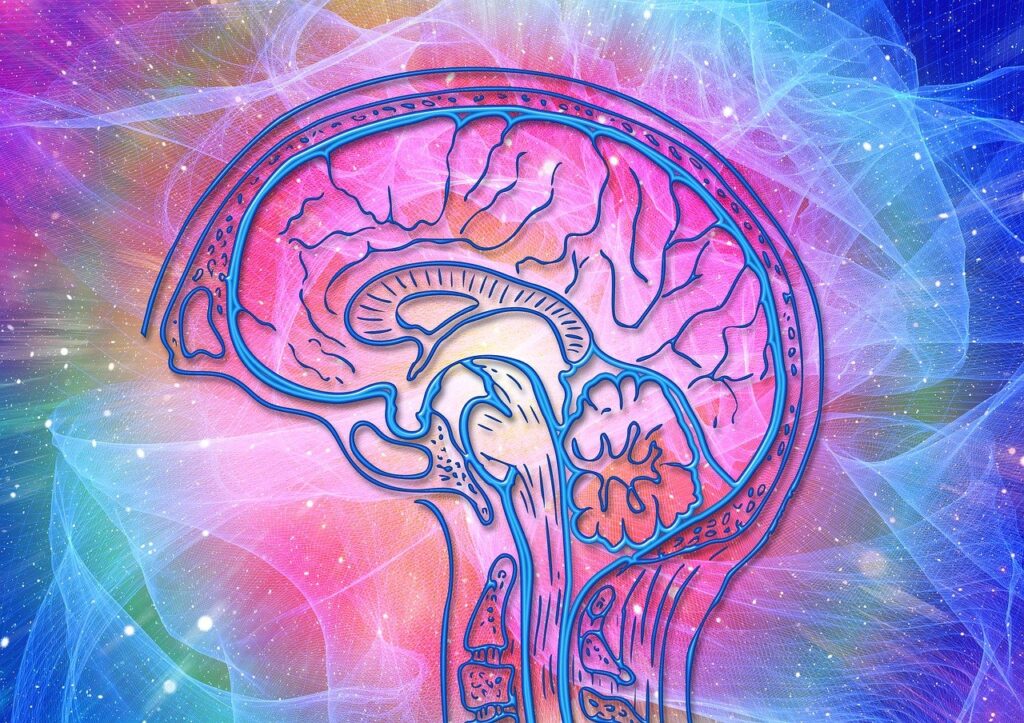Introduction:
Trauma is a deeply distressing or disturbing experience that can have profound effects on an individual’s mental, emotional, and physical well-being. When left unaddressed, trauma can manifest in various ways, including the development of Post Traumatic Stress Disorder (PTSD). In this comprehensive blog post, we will delve into the dynamics of PTSD, exploring its origins, symptoms, impact on the brain and body, and avenues for healing and recovery.
Defining Trauma and PTSD:
Trauma is an event or series of events that overwhelm an individual’s ability to cope, leaving them feeling helpless, frightened, or emotionally overwhelmed. Traumatic experiences can vary widely and may include natural disasters, accidents, physical or sexual assault, combat exposure, or the sudden loss of a loved one.
PTSD is a mental health condition that can develop in individuals who have experienced or witnessed a traumatic event. It is characterized by a range of symptoms that persist for an extended period following the traumatic event. These symptoms can significantly impair a person’s ability to function in daily life and may include intrusive memories, flashbacks, nightmares, avoidance of trauma-related stimuli, negative changes in mood and cognition, and heightened arousal and reactivity.
The Impact of Trauma on the Brain and Body:
The experience of trauma can have profound effects on the brain and body, altering neurobiological processes and triggering a cascade of physiological responses. During a traumatic event, the brain’s fear circuitry, including the amygdala and hippocampus, becomes hyperactivated, leading to heightened arousal and vigilance. Over time, chronic activation of the stress response system can result in dysregulation of neurotransmitters such as serotonin, dopamine, and norepinephrine, contributing to mood disturbances and emotional dysregulation.
Additionally, trauma can cause structural changes in the brain, particularly in regions involved in emotional processing and memory consolidation. These changes may impair cognitive function, disrupt emotional regulation, and contribute to the development of PTSD symptoms such as hypervigilance, dissociation, and emotional numbing.
Symptoms and Manifestations of PTSD:
PTSD symptoms can vary widely among individuals and may change over time, making diagnosis and treatment challenging. Common symptoms of PTSD include:
- Intrusive Memories: Recurrent and distressing memories, flashbacks, or nightmares of the traumatic event.
- Avoidance: Avoidance of trauma-related stimuli, including people, places, activities, or conversations that remind the individual of the traumatic experience.
- Negative Changes in Mood and Cognition: Persistent negative beliefs or expectations about oneself or the world, distorted thoughts about the cause or consequences of the traumatic event, and persistent negative emotions such as fear, anger, guilt, or shame.
- Hyperarousal and Reactivity: Hypervigilance, exaggerated startle response, irritability, difficulty concentrating, and sleep disturbances.
- Emotional Numbing: Feelings of detachment, emotional numbing, or a diminished interest in activities that were once pleasurable.
It’s important to note that not everyone who experiences trauma will develop PTSD, and individual factors such as genetics, coping mechanisms, social support, and previous trauma history can influence the likelihood and severity of PTSD symptoms.
Healing and Recovery from PTSD:
While living with PTSD can be challenging, healing and recovery are possible with the right support and resources. Treatment for PTSD typically involves a combination of psychotherapy, medication, and holistic interventions aimed at addressing the underlying trauma and reducing symptoms.
-
Psychotherapy: Cognitive-behavioral therapy (CBT), particularly trauma-focused CBT, is considered the gold standard for treating PTSD. This approach helps individuals process traumatic memories, challenge negative beliefs, and develop coping skills to manage symptoms.
-
Medication: Antidepressants, particularly selective serotonin reuptake inhibitors (SSRIs) and serotonin-norepinephrine reuptake inhibitors (SNRIs), may be prescribed to alleviate symptoms of depression, anxiety, and hyperarousal associated with PTSD.
-
Holistic Interventions: Complementary and alternative therapies such as mindfulness-based practices, yoga, acupuncture, and art therapy can complement traditional treatments for PTSD and promote relaxation, stress reduction, and emotional healing.
-
Supportive Services: Peer support groups, trauma-informed care, and community-based resources can provide valuable support, validation, and encouragement for individuals living with PTSD and their loved ones.
At Ignite Health and Wellness, we specialize in providing comprehensive, evidence-based treatment for PTSD and other trauma-related disorders. Our team of experienced clinicians offers personalized care tailored to the unique needs and experiences of each individual, fostering a safe and supportive environment for healing and recovery.
Conclusion:
Post Traumatic Stress Disorder is a complex and debilitating mental health condition that can have profound effects on individuals’ lives. Understanding the dynamics of trauma and PTSD is essential for recognizing symptoms, seeking help, and supporting those affected by trauma. By raising awareness, reducing stigma, and providing access to effective treatment and support services, we can empower individuals living with PTSD to embark on a journey of healing, resilience, and recovery. If you or someone you know is struggling with PTSD, know that help is available. Reach out to Ignite Health and Wellness for compassionate and personalized mental health care tailored to your needs. Together, we can navigate the challenges of PTSD and work towards a brighter tomorrow.

Practical Tips for Incorporating Reading into Daily Life:
Now that we understand the therapeutic benefits of reading for mental health, let’s explore some practical tips for incorporating reading into our daily lives:
-
Create a Reading Routine: Set aside dedicated time each day for reading, whether it’s in the morning before work, during lunch breaks, or before bedtime. Establishing a consistent reading routine can help make reading a regular part of your daily self-care practice.
-
Choose Books Wisely: Select books that resonate with you and align with your interests, values, and goals. Whether you prefer fiction or non-fiction, self-help or memoirs, choose books that inspire, uplift, and nourish your mind and soul.
-
Limit Distractions: Create a quiet and cozy reading environment free from distractions such as television, smartphones, and social media. Find a comfortable spot where you can fully immerse yourself in the reading experience without interruptions.
-
Practice Active Reading: Engage actively with the text by asking questions, making connections, and reflecting on what you’re reading. Highlight passages, jot down notes, or discuss the book with friends or book clubs to deepen your understanding and enhance the reading experience.
-
Experiment with Different Formats: Explore different formats of reading, including physical books, e-books, audiobooks, and podcasts. Find the format that works best for you and allows you to enjoy reading in a way that fits your lifestyle and preferences.
Ignite Health and Wellness: Harnessing the Therapeutic Power of Reading
At Ignite Health and Wellness, we recognize the importance of holistic approaches to mental health and well-being, including the therapeutic benefits of reading. Our team of mental health professionals incorporates reading and bibliotherapy into our treatment plans, recognizing the healing power of stories, narratives, and written words. Through individual therapy, group sessions, and community outreach programs, we encourage clients to explore the transformative potential of reading for mental health and personal growth.
Conclusion:
In a world filled with noise and distraction, reading offers a sanctuary for the mind and a refuge for the soul. By immersing ourselves in the world of books, we can find solace, inspiration, and healing for our mental and emotional well-being. Whether it’s a captivating novel, a thought-provoking memoir, or a comforting self-help book, reading has the power to calm our minds, uplift our spirits, and nourish our souls. So let’s embrace the therapeutic benefits of reading and embark on a journey of self-discovery, growth, and transformation through the pages of a book.




